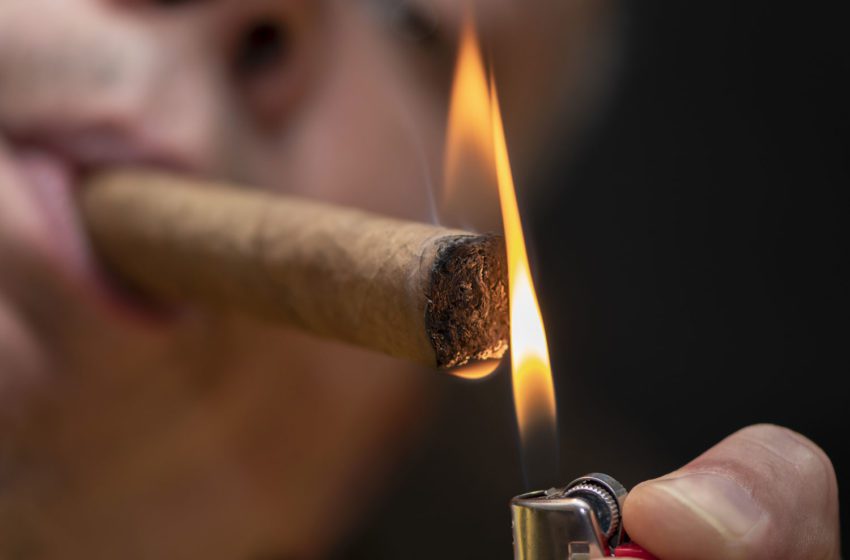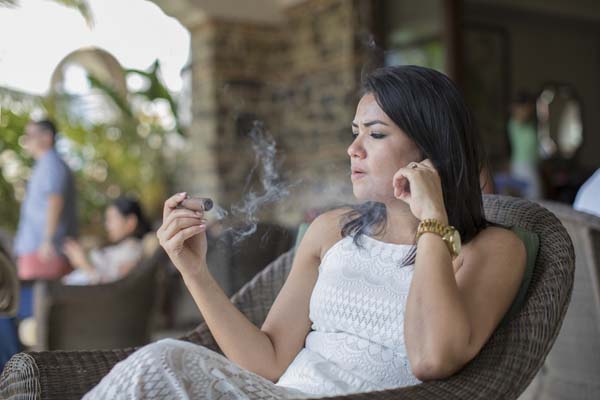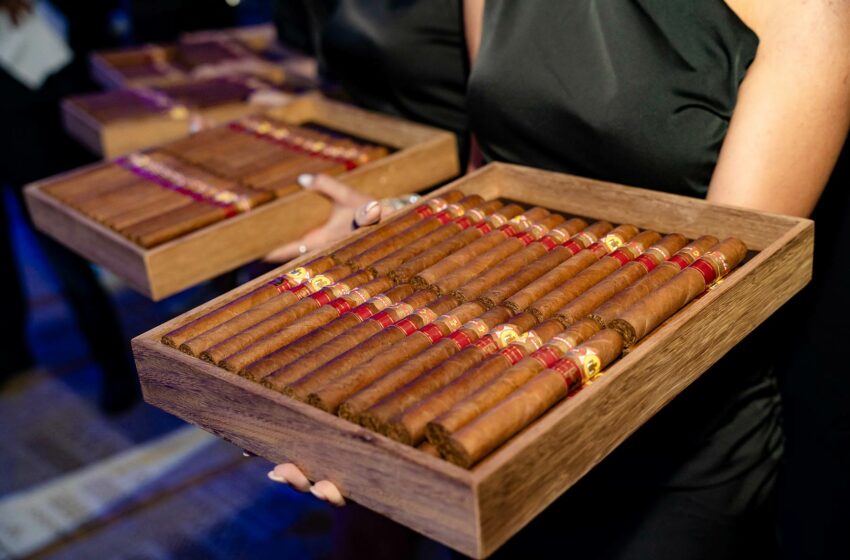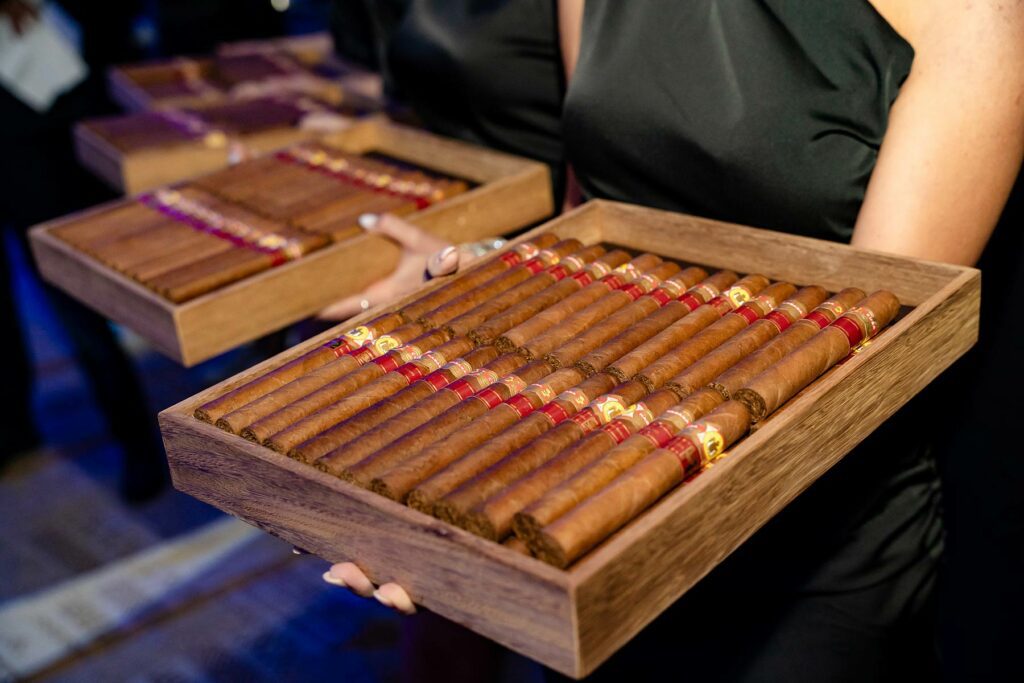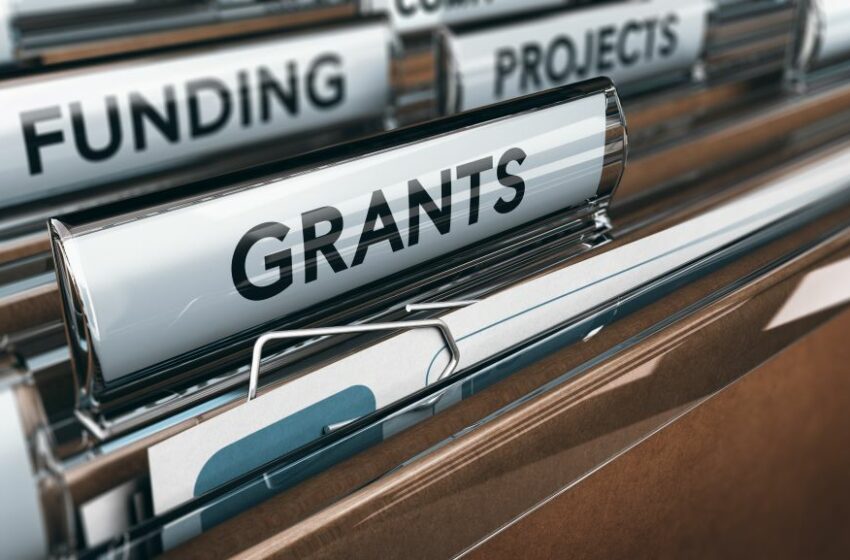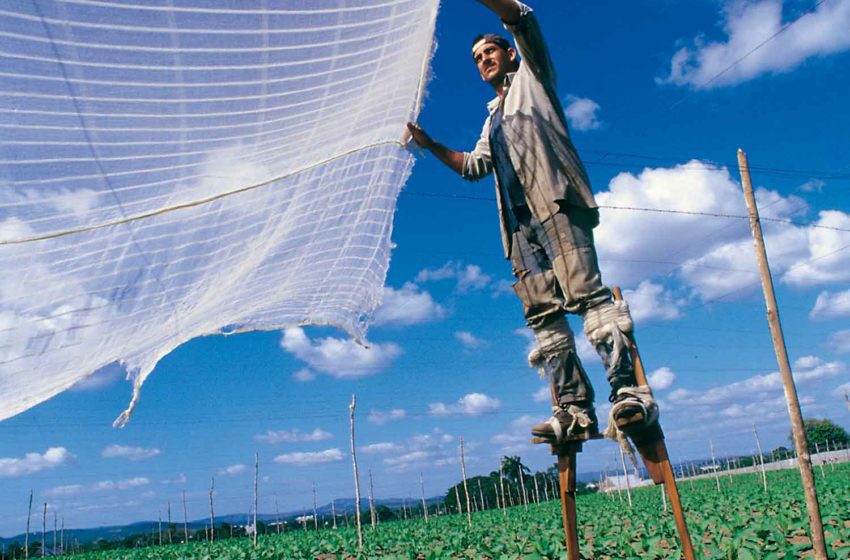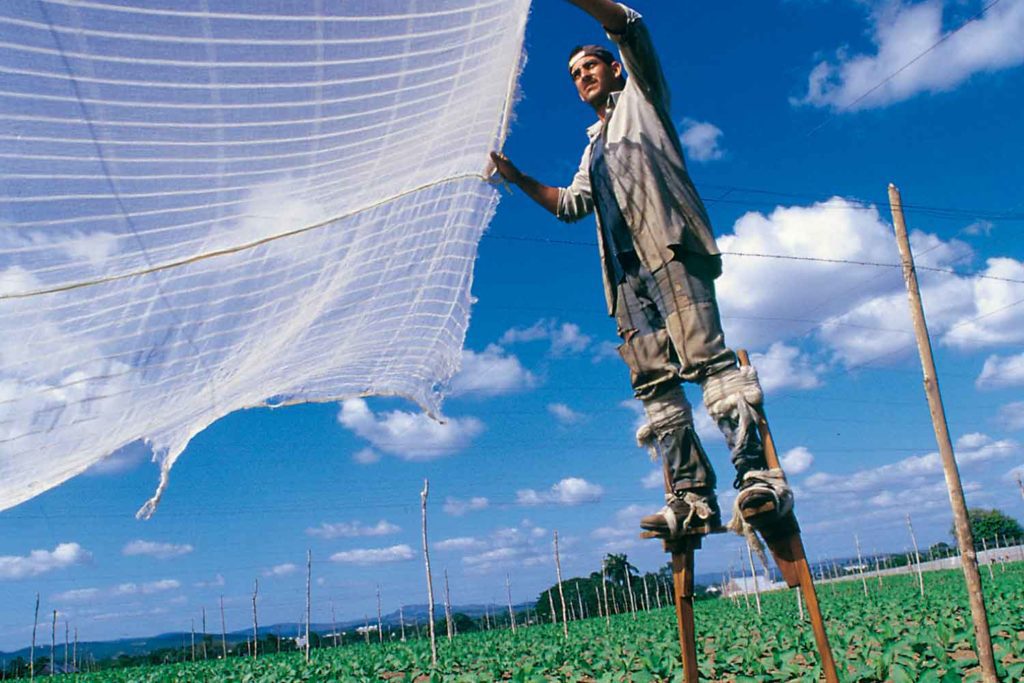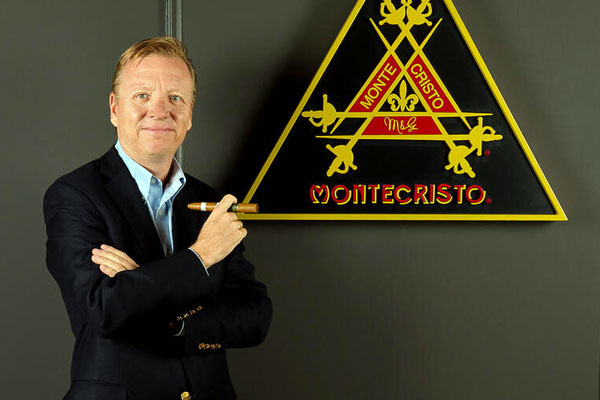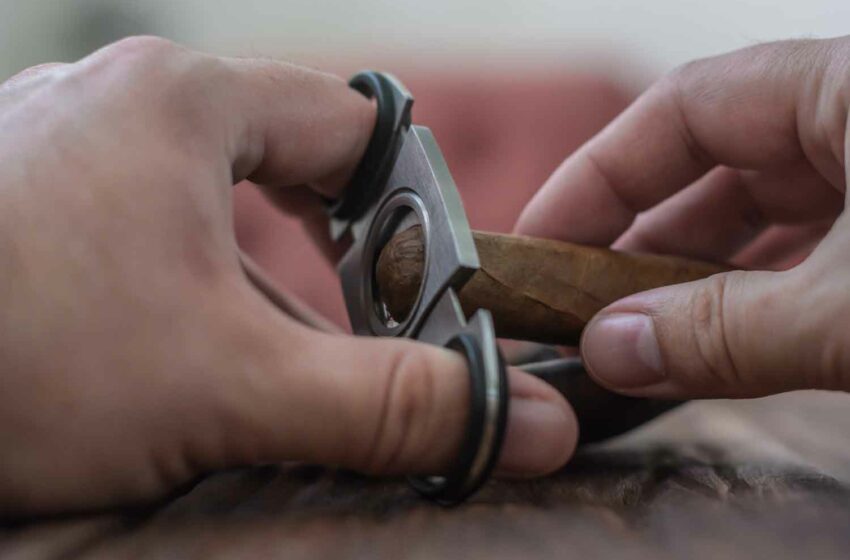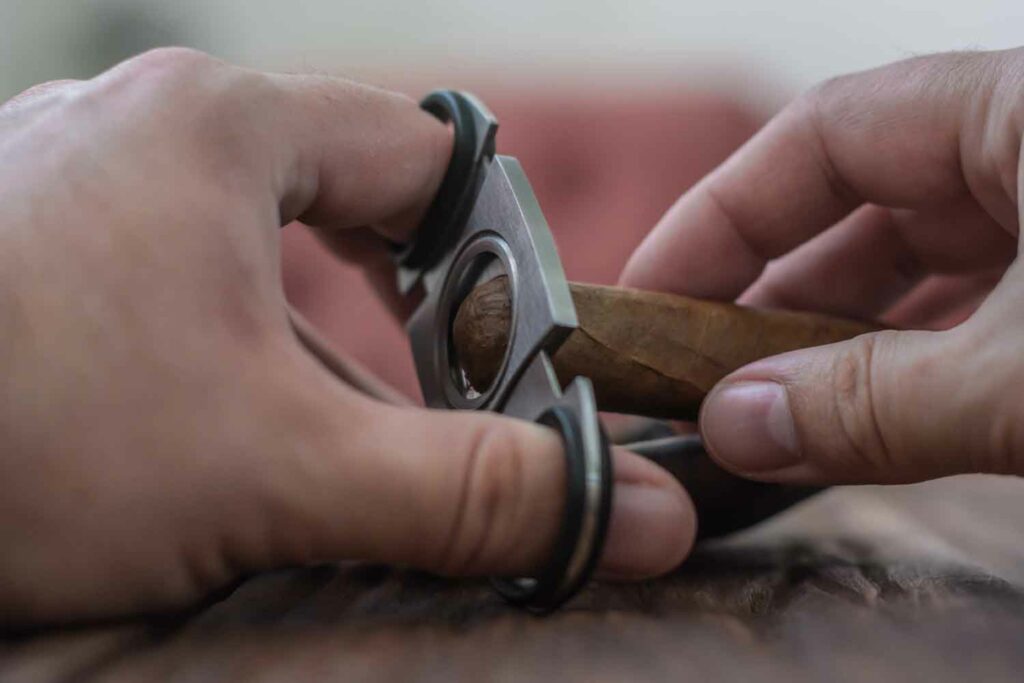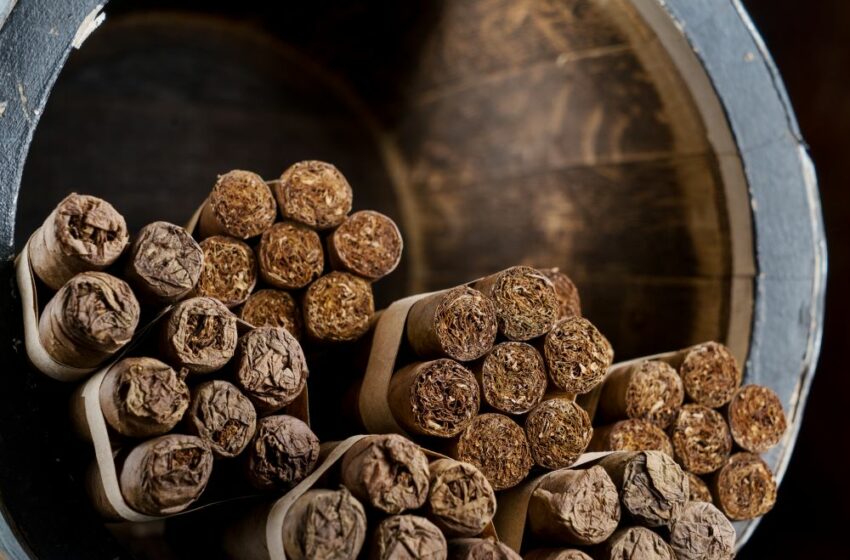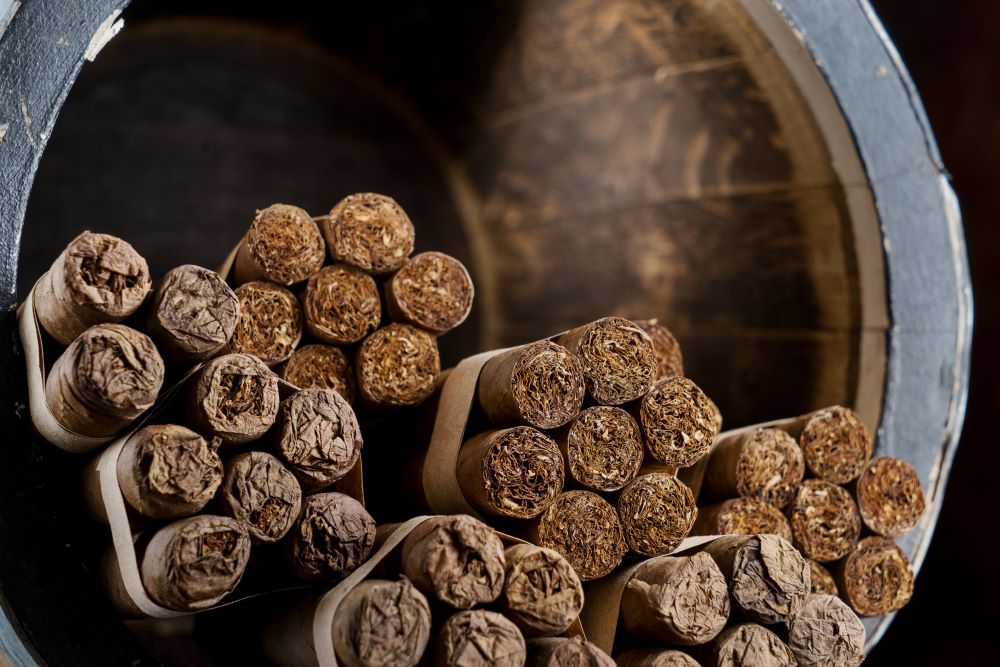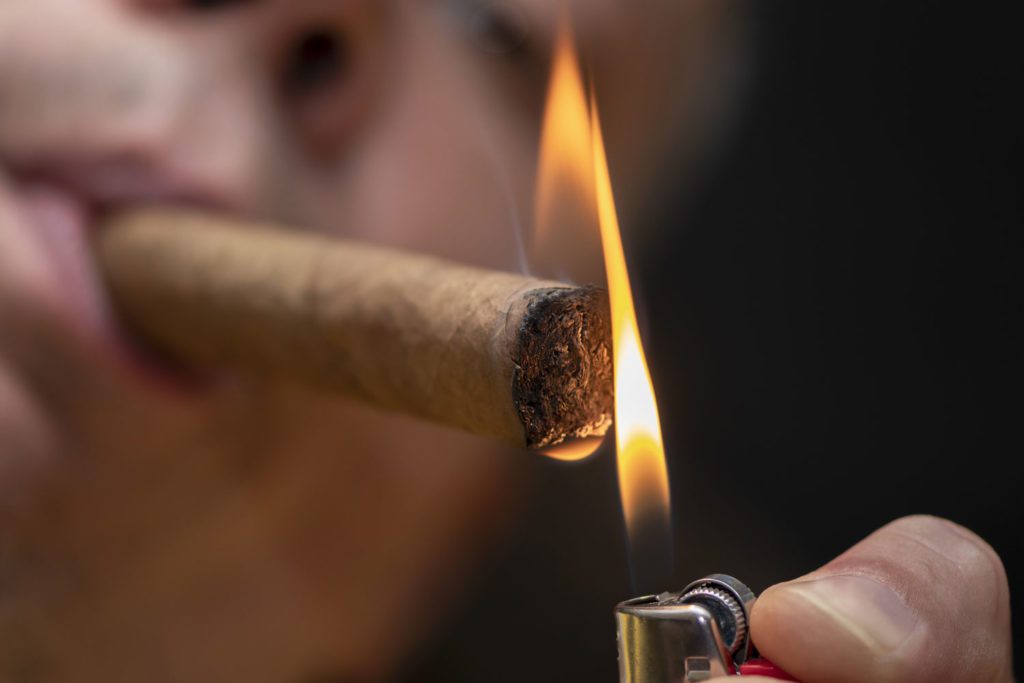
The U.S. premium cigar industry will face both challenges and opportunities in 2024, according to the Premium Cigar Association (PCA).
In a commentary published on its website, the trade group details the issues it expects to impact its business this year.
With congressional gridlock and narrow partisan margins in the U.S. Congress, the PCA expects few pieces of legislation to be signed into law in 2024. As a result, government action is likely to be more regulatory than legislative.
In both the U.S. House of Representatives and Senate, active legislation remains a threat to the premium cigar and pipe industry that would result in massive federal tax increases. Standalone legislation exists in the form of the Tobacco Tax Equity Act and the Care for Moms Act that use tobacco tax revenue to pay for new maternal health programs.
The White House Office of Information and Regulatory Affairs is conducting meetings and a review of the Tobacco Product Standard for Characterizing Flavors in Cigars, which would prohibit characterizing flavors (other than tobacco) in all cigars.
In November 2023, the PCA raised several objections to the product standard and asked the Office of Management and Budget (OMB) to remit the rule back to the Food and Drug Administration for further analysis. The Center for Tobacco Products (CTP) has since delayed the release of the final rule, which was expected in December 2023. Although the FDA is working toward completing the final rule in 2024, the PCA believes it could prove politically challenging to release a final rule that would deprive millions of adult consumers of their preferred product choice before the election.
The FDA is also proposing new requirements for tobacco product manufacturers regarding their products’ manufacture, design, packing and storage. The PCA participated in many public forums and submitted written comments opposing the proposed rule, including its applicability to premium cigar factories. The rule is expected to be sent to the OMB in 2024 for regulatory review.
In 2022, the Biden administration announced plans to develop a proposed product standard that would establish a maximum nicotine level to reduce the addictiveness of cigarettes and certain other combustible tobacco products. The agency has not moved on releasing a proposed rule, and the main question for the PCA is whether this rule will apply to premium cigars, cigars more generally or pipe tobacco.
In September 2023, the Department of Justice, which represents the FDA, informed the court of its decision to appeal the decision rendered by Judge Amit Mehta in Cigar Association of America et al. v. United States Food and Drug Administration et al., which vacated the deeming rule as it applies to premium cigars. The decision is being appealed to the United States Court of Appeals for the District of Columbia Circuit before a three-panel group of judges. The case is expected to be argued in 2024. At present, the vacatur of the deeming rule for premium cigars stands during the appeals process. However, the appeals court may be asked to block the ruling while it considers the arguments.

